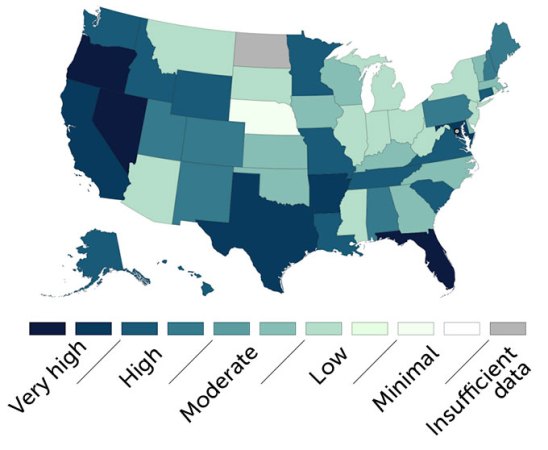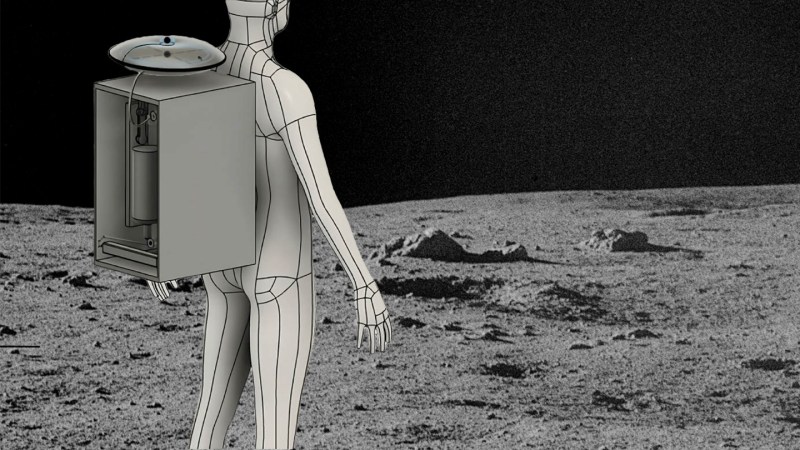Psilocybin temporarily disrupts brain networks
Take our AI survey
Scientific news has partnered with Trusting News to gather feedback on the potential use of AI in journalism. Currently, we do not publish any content produced by generative AI (see our policy). We want to hear your views on how Scientific news can use AI responsibly. Tell us by taking a short 10-question survey.
The brain scanning protocol the researchers used was intensive. “We had a small number of people, only seven participants in the entire study, but a huge amount of data for each,” says Joshua Siegel, a neuroscientist and psychiatrist at Washington University School of Medicine in St. Louis. Each person underwent about 18 functional MRI brain scans, one approximately every other day, over the course of the study.
This repeated scan provides “an unprecedented view of how brain connectivity evolves after a dose of psilocybin,” says Alex Kwan, a neuroscientist at Cornell University who was not involved in the study.
In the first part of the experiment, Siegel and colleagues recorded each person’s baseline brain activity, the unique patterns that appear much like the swirls, loops, and arcs of a fingerprint when a person is simply resting.
Later in the study, researchers gave participants 25 milligrams of psilocybin, a key ingredient in some hallucinogenic mushrooms, and watched what happened in the scanner. On a different day, for comparison, each participant also received a dose of methylphenidate, the generic form of Ritalin, a stimulant that affects the brain.
The effects of psilocybin were visible and profound. “Psilocybin had great acute effects on the human brain,” says Nico Dosenbach, a neuroscientist also at Washington University School of Medicine. “Much, much greater than the active control,” methylphenidate.
Some of the biggest changes were in a brain system known as the default mode network, or DMN. This coordinated group of brain regions is active when nothing in particular is going on. Scientists think that the DMN has a role in creating our sense of self (SN: 7/3/09). “It’s multiple parts of the brain in both hemispheres, but they’re all turning on and off in a very organized, synchronous way,” says Siegel. “And with psilocybin, it basically becomes chaos.”

Dosenbach can testify that the drug causes a loss of sense of self. Along with being the researcher on the study, he was one of seven study participants, giving him an unusual perspective on the effects of psilocybin on the brain. “You read about it, and you think about it, and then you experience it, and you say, ‘Wow, this is even more real.’
Signs of those experiences showed up on MRI scans. The team saw that psilocybin appeared to erase the participants’ neural fingerprints. Dosenbach has an analogy to explain the brain changes in the scans: “You’d say, ‘This is my face and this is your face.’ And then you took a drug and we both had a puppy face—very similar, but very different from our normal faces.”
A day after taking the drug, most of the psilocybin-induced brain changes were gone, Siegel says. But a change continued for three weeks. There was decreased coordination between the DMN and part of the hippocampus, a structure involved in memory. Researchers don’t yet know how long this change might last, how it affects the brain in general, or whether it might hint at psilocybin’s therapeutic effects. It wasn’t present in the data from four of the participants who came in for scans six to 12 months later, but the study didn’t have enough data to say for sure that it was gone.
The findings add to previous work looking to understand how psychedelic drugs change the brain and show that the effects are far from simple. “Psilocybin is not simply up- or down-regulating brain activity,” says Kwan. “The results present a more complex and nuanced picture of how psychedelics alter the dynamics of neural activity than previously thought.”
Recent studies point to the promise of psychedelic drugs as therapies for depression, post-traumatic stress disorder, addiction, and more (SN: 12/3/21). Understanding how these drugs affect the brain in the hours, days and months after taking them could lead to better treatments for some of these disorders.
#Psilocybin #temporarily #disrupts #brain #networks
Image Source : www.sciencenews.org


